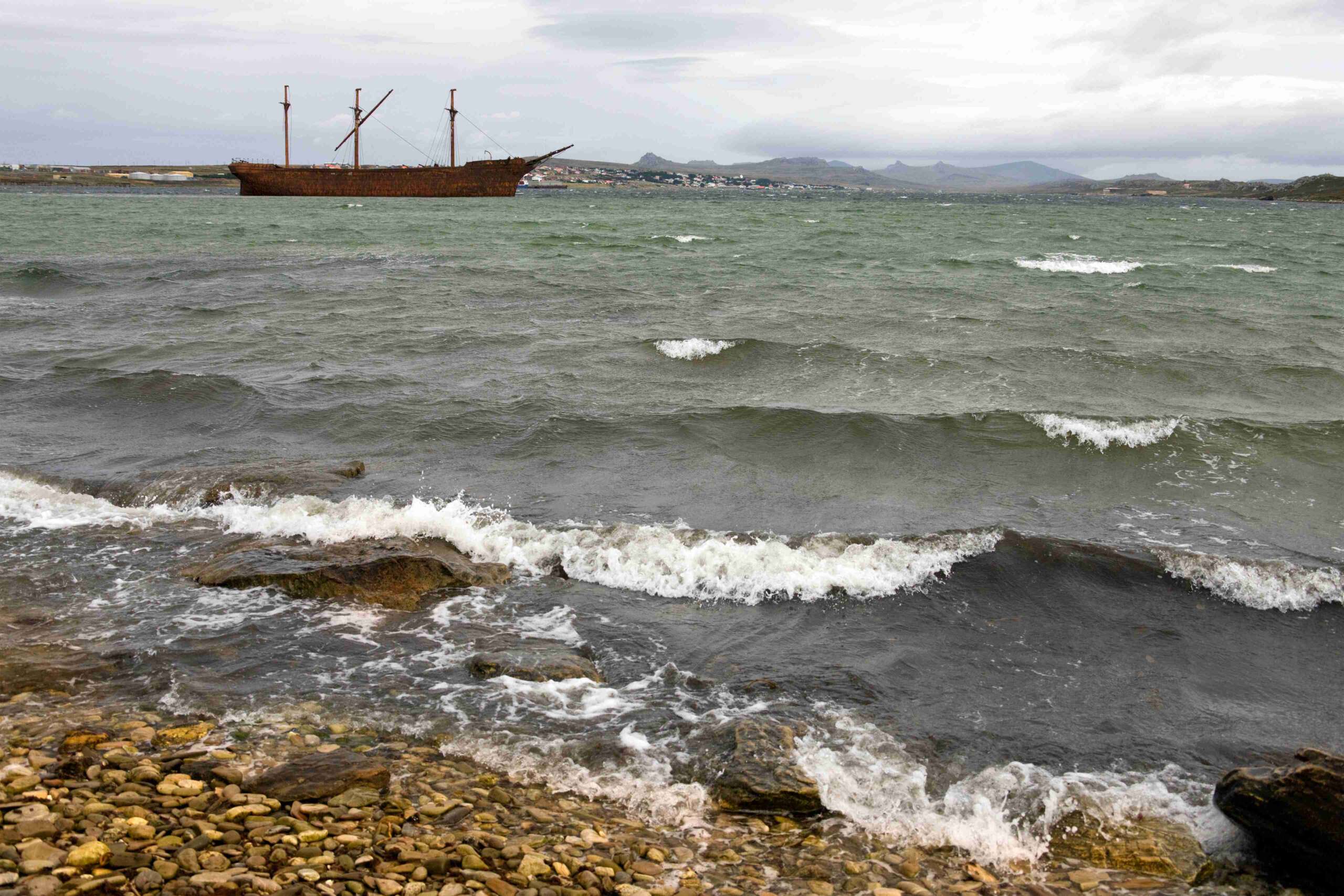The Falkland Islands have long been at the center of a geopolitical tug-of-war, and the leaseback proposal of 1980 stands out as one of the most contentious episodes in their modern history. Presented by Nicholas Ridley, the UK’s Minister of State for the Foreign and Commonwealth Office, the idea sought to transfer sovereignty of the Falklands to Argentina while leasing the islands back to Britain for a set period. The proposal, however, was met with strong resistance from Falkland Islanders and British Parliamentarians alike.
The Leaseback Proposal Explained
Nicholas Ridley introduced the leaseback idea as a potential solution to the ongoing sovereignty dispute between the UK and Argentina. The plan aimed to address economic stagnation and uncertainty in the islands while maintaining British administration and way of life for the Islanders.
Key Aspects:
- Transfer of Sovereignty: The Falkland Islands would be handed over to Argentina.
- Lease Agreement: The UK would lease the islands back for a defined period.
- British Administration Maintained: Local laws, culture, and governance would remain under British control during the lease.
- Economic Focus: Ridley highlighted the potential to unlock the islands’ economic and maritime resources.
- Islanders’ Approval Required: The proposal stipulated that any agreement must align with the wishes of the Falkland Islanders.
Despite these assurances, the leaseback idea was widely criticized, both in the Falklands and the UK, as undermining British sovereignty and the Islanders’ rights.

Reactions from the Falkland Islanders and Parliament
Ridley’s visit to the Falklands in November 1980 aimed to gauge local sentiment, but the majority of Islanders expressed clear opposition. Many viewed the proposal as a betrayal of their British identity and their desire for self-determination.
Concerns Raised by Critics:
- Loss of Sovereignty: Many saw the plan as a step toward eventual Argentine control.
- Distrust in Intentions: Islanders harbored suspicions about the UK’s commitment to their future.
- Strategic Implications: Parliamentarians argued that surrendering sovereignty could weaken Britain’s influence in the South Atlantic.
- Undermined Confidence: Critics believed the proposal emboldened Argentine claims while unsettling the Falklands’ population.
- Historical Precedents: References were made to the consequences of withdrawing from other strategic regions like Aden and the Persian Gulf.
During debates in the House of Commons, Ridley faced sharp criticism from MPs across party lines, who questioned the wisdom and timing of the initiative.
Lessons from the Leaseback Proposal
The leaseback proposal failed to gain traction, but it remains a significant chapter in the Falklands’ history. It underscored the complexities of balancing geopolitical interests with the rights of a local population.
The leaseback controversy served as a pivotal moment in the relationship between the Falkland Islands and the UK. It reinforced the importance of protecting the Islanders’ rights and affirmed Britain’s commitment to their sovereignty.
